Optimal Timing for Plumbing Services
Proper scheduling of plumbing service can prevent costly repairs and ensure optimal functionality. The best time to perform plumbing maintenance or repairs depends on seasonal conditions, usage patterns, and system age. Regular inspections can identify issues early and maintain efficient operation throughout the year.
Spring is ideal for plumbing inspections after winter, checking for damage caused by freezing temperatures and preparing for increased outdoor water use.
Summer offers better access and availability for repairs, especially before peak outdoor water usage and vacations.
Fall is suitable for preparing plumbing systems for winter, including insulation and leak prevention to avoid freeze damage.
Winter requires attention to prevent frozen pipes and ensure heating systems are functioning properly, though emergency repairs may be more urgent during cold months.
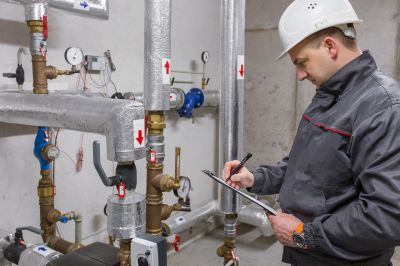
Technician inspecting pipes after winter.
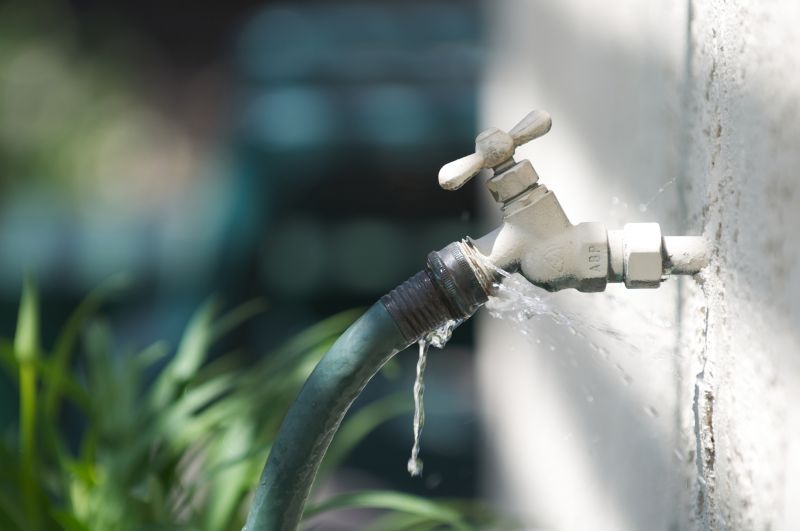
Repairing outdoor faucet leaks.
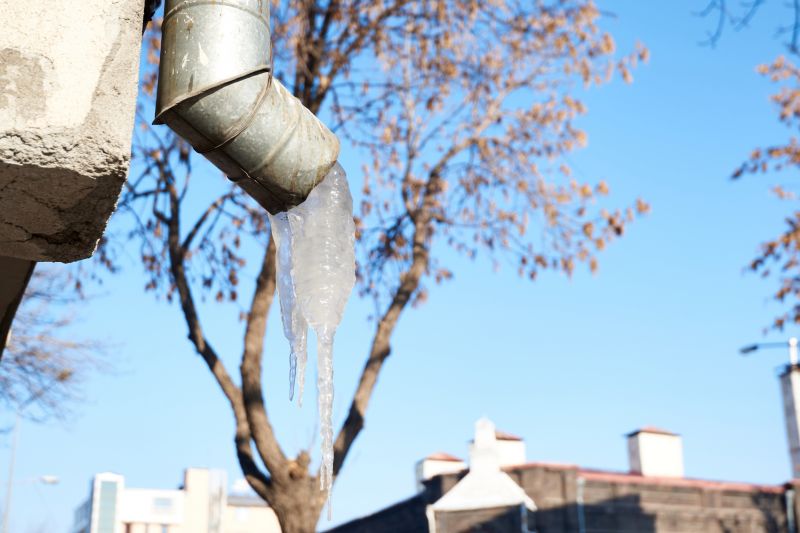
Insulating pipes before winter.
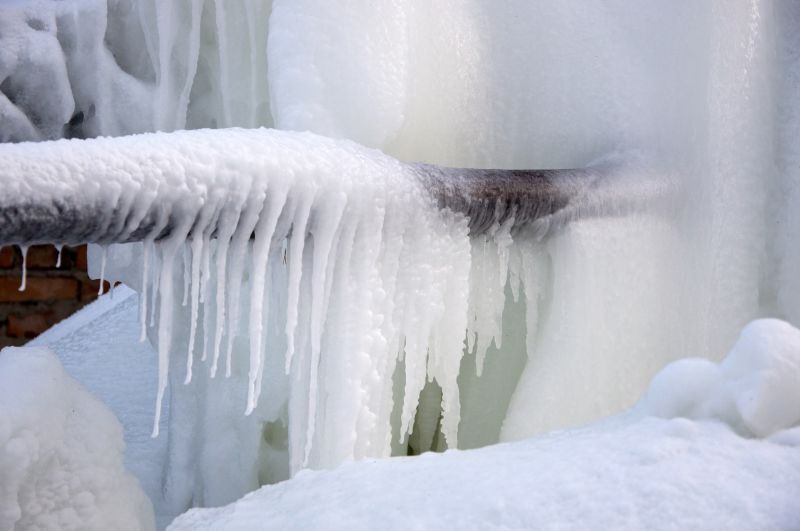
Addressing frozen pipe burst.
| Season | Recommended Plumbing Service Activities |
|---|---|
| Spring | Inspect for winter damage, clean drains, check water heater. |
| Summer | Repair leaks, outdoor plumbing maintenance, upgrade fixtures. |
| Fall | Insulate pipes, drain outdoor systems, schedule inspections. |
| Winter | Prevent frozen pipes, emergency repairs, ensure heating system integrity. |
Plumbing systems are essential for daily convenience and safety in residential and commercial properties. Regular service ensures efficient operation, reduces the risk of unexpected failures, and extends the lifespan of plumbing infrastructure. According to industry data, routine maintenance can prevent up to 80 percent of emergency repairs and save significant costs over time.

Technician checking pipe integrity.
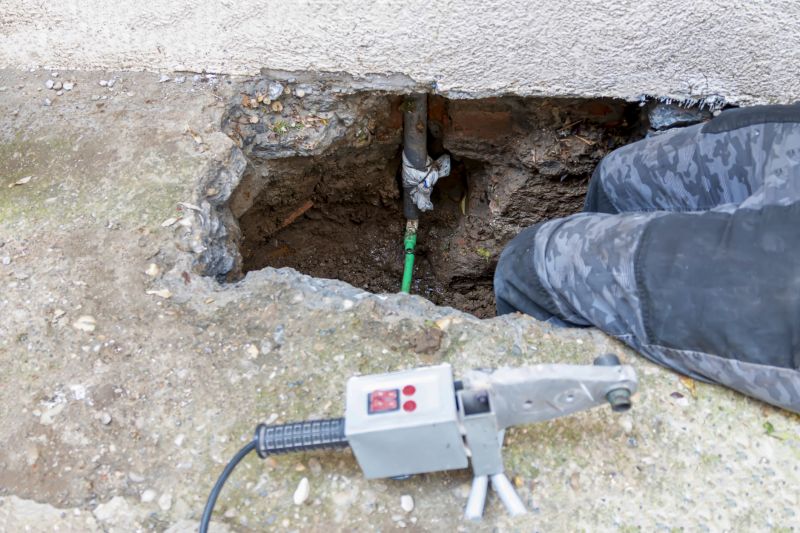
Locating hidden leaks in walls.
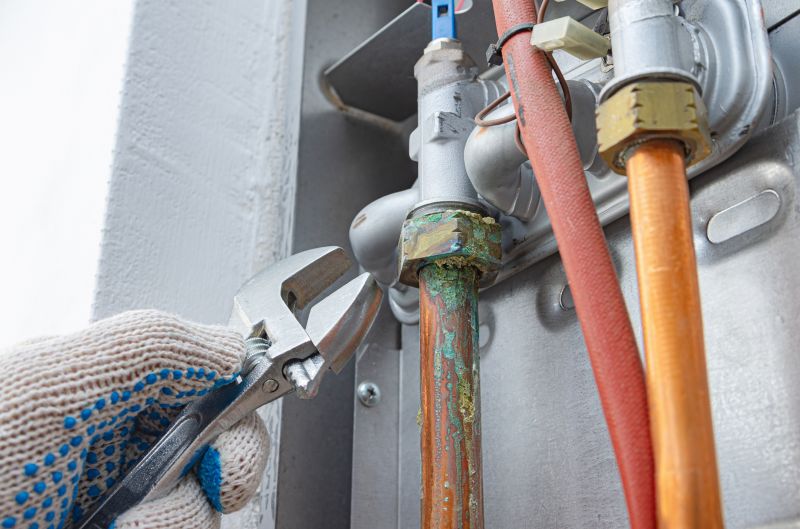
Fixing broken or corroded pipes.
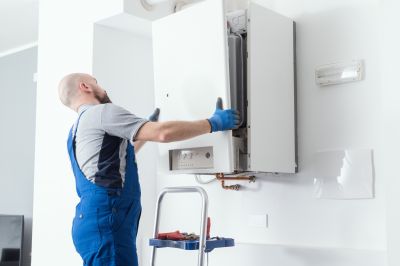
Maintaining or replacing units.
Annual inspections are recommended to identify issues early.
Signs include low water pressure, leaks, and unusual noises.
Yes, routine maintenance reduces the risk of sudden failures.
Replacement is advisable if systems are severely corroded or outdated.


